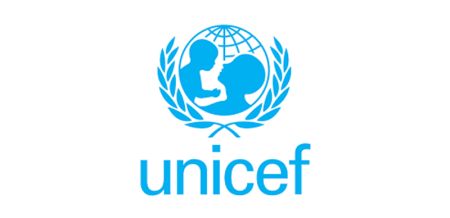The Western Regional Health Directorate in Ghana is facing a dual health crisis, grappling with a surge in both maternal deaths and Mpox cases, prompting renewed efforts to strengthen public health interventions and improve healthcare infrastructure. The alarming increase in maternal mortality, with 25 deaths recorded between January and May 2025, represents a significant escalation compared to the previous year. Several factors contribute to this tragic trend, including delayed antenatal care due to late hospital visits by expectant mothers, difficulties in transferring patients from rural areas to better-equipped facilities, and inadequate road networks hindering access to timely medical attention. These challenges highlight the vulnerabilities within the region’s healthcare system and underscore the urgent need for improved infrastructure and access to care, particularly in remote communities.
Compounding the maternal health crisis is the resurgence of Mpox, with the Western Region identified as the epicenter of the outbreak in Ghana. A staggering 71% of the nation’s Mpox cases originate from this region, with 43 confirmed cases out of 187 suspected infections. The outbreak spans nine of the region’s 14 districts, disproportionately affecting Tarkwa Nsuaem. This localized concentration necessitates a focused and targeted response to contain the spread of the disease and prevent further transmission. The Directorate has reactivated its Public Health Emergency Response Team, implementing active surveillance measures, contact tracing, and case management to effectively combat the Mpox outbreak. This coordinated effort involves daily updates from affected districts, meticulous monitoring of identified contacts, and prompt intervention to isolate and treat confirmed cases.
The convergence of these two health crises underscores the fragility of the region’s healthcare system and the pressing need for comprehensive improvements. The situation calls for a multi-pronged approach encompassing strengthened surveillance and disease control measures for Mpox, coupled with targeted interventions to address the root causes of maternal mortality. Improved road networks to facilitate access to healthcare facilities, enhanced referral systems to ensure timely transfer of patients requiring specialized care, and increased community outreach to promote early antenatal care are crucial steps towards mitigating these health challenges.
The Regional Minister, Hon. Joseph Nelson, recognizing the gravity of the situation, has appealed to the Regional House of Chiefs to advocate for urgent healthcare improvements. A key priority is the completion of renovations at the Effia Nkwanta Regional Hospital, a crucial healthcare facility currently facing stalled construction. The resumption and timely completion of this project are deemed essential to bolstering the region’s healthcare capacity and addressing the pressing needs of the population. This call for collective action underscores the importance of stakeholder engagement and collaboration between government authorities, traditional leaders, and healthcare professionals in working towards a sustainable solution.
The rising maternal mortality rate and the escalating Mpox outbreak have amplified the call for a robust and resilient healthcare system in the Western Region. Intensified surveillance, active community engagement, and proactive advocacy for infrastructural improvements are deemed crucial in averting further health emergencies. Targeted public health campaigns are necessary to educate communities about Mpox prevention and encourage early presentation for diagnosis and treatment. Similarly, empowering women with information regarding the importance of timely antenatal care and facilitating access to maternal health services are vital components of a comprehensive strategy to reduce maternal deaths.
Addressing the root causes of these health challenges requires a long-term commitment to strengthening healthcare infrastructure, improving access to quality care, and empowering communities to prioritize their health. The Western Regional Health Directorate, in collaboration with government authorities, traditional leaders, and community stakeholders, must work together to implement sustainable solutions that will protect the health and well-being of the population and build a more resilient healthcare system capable of effectively responding to future health crises. Investing in healthcare infrastructure, strengthening human resources, and fostering community engagement are not merely reactive measures but essential investments in the future of the region.














